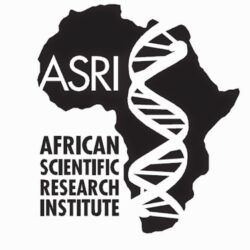
African Scientific Research Institute
Forever indebted to those who paid the supreme price of slavery in the land of the free

Forever indebted to those who paid the supreme price of slavery in the land of the free
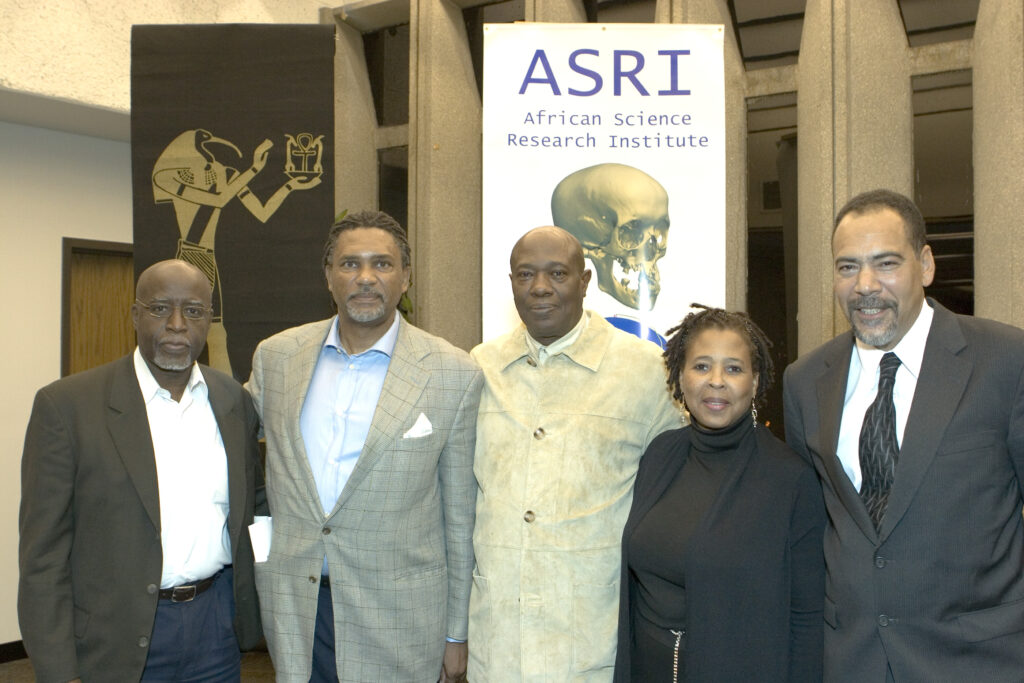
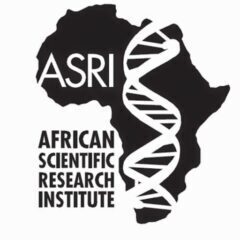
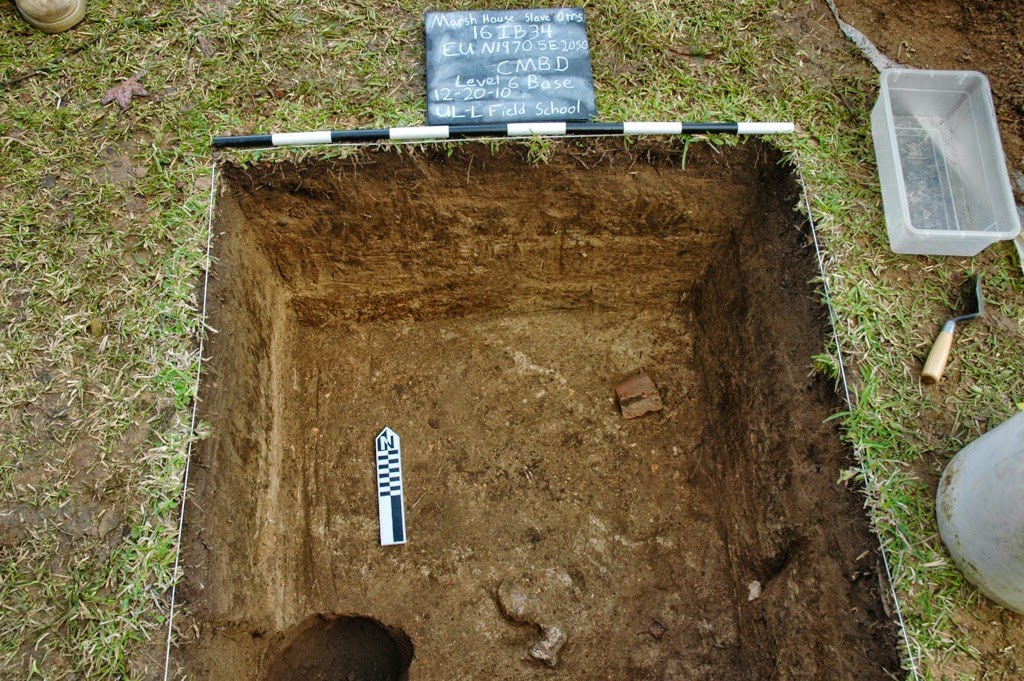
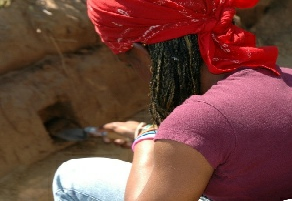
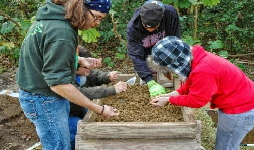
According to the Bureau of Labor Statistics, about 61.8 million people volunteered for an organization at least once in 2008. Of this population, only one age group — young adults between the ages of 16 and 19 — volunteered at a significantly higher rate compared to the year before.
Part of the explanation is the unprecedented enthusiasm Barack Obama engendered among teens as he made his bid for the White House. In 2008, millions of Americans got involved in the political process for the first time. Now, as President Obama launches United We Serve, an initiative encouraging Americans to lend a hand in their communities, even more U.S. citizens will be compelled to volunteer.
In 1999, a group of scientists and educators, led by forensic anthropologist Jihad Muhammad, decided it was time to confront a serious issue within the African American community: Many African Americans do not know or understand their connection to the slavery experience and, lacking this connection, cannot verify their ancestral history. As a result, African American children often suffer from low self-esteem, which in turn affects how they respond to their environment. Muhammad proposed an organization that would apply the principles of biomedical and cultural heritage research to help investigate and trace the footsteps of African American progenitors in America between 1628 and 1888.
The organization was incorporated as the African Scientific Research Institute (ASRI) and launched its first major project: to piece together the past of Jean Baptiste Pointe de Sable, a fur trader of African descent who is now regarded as the founder of Chicago. ASRI chose de Sable because of his importance to American history and because very little was known about the man, his life and the settlement he built on the western shores of Lake Michigan. Using scientific tools such as DNA profiling, Computerized Tomography (CT) scans and laser analysis, ASRI researchers identified de Sable and other individuals of historic significance.
Then they used advanced forensic techniques — facial reconstruction, for example — to put flesh on skeletal remains. And, finally, they conducted an archaeological investigation to find artifacts, tools and buildings of the era in which de Sable lived. The result was a clear picture of the man: how he lived, where he lived and why he made certain decisions.
Since that initial research, ASRI has employed similar principles to re-create the histories of several other communities founded by African American ancestors.
The ultimate goal is not simply to create a record of the past. It’s to rebuild these towns and to make the history of African Americans come alive, building by building and face by face. But it doesn’t end there. ASRI also seeks to transform these once-marginalized communities into thriving centers of commerce and economic growth, primarily through tourism development. ASRI has dubbed this activity Project Genesis and is actively working to revitalize five such communities.
As you can imagine, the work of ASRI requires a multidisciplinary team of scientists, historians, anthropologists, archaeologists and educators.
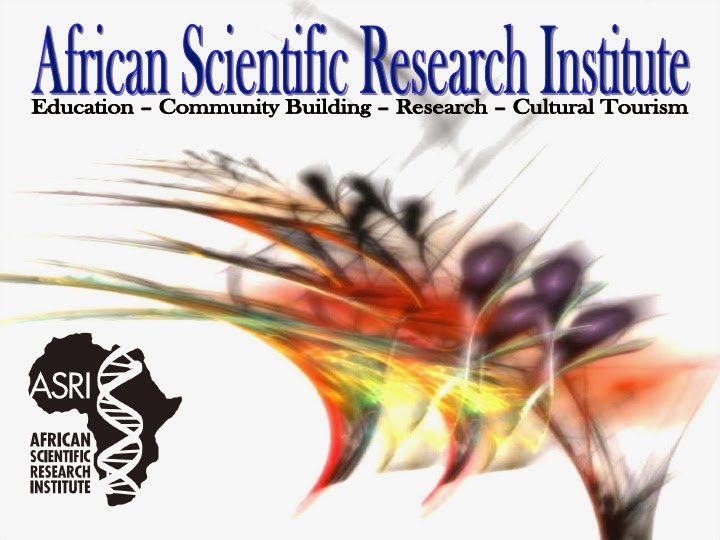
Volunteering for the African Scientific Research Institute can be a rewarding experience. For college students, it provides an opportunity to move from classroom concepts and theories into real-world practice. They develop new skills and contribute to important research that shapes what we know about African American history. Perhaps more important, volunteers get to network with other students, faculty, and community members — contacts that could prove invaluable as they plan their careers.
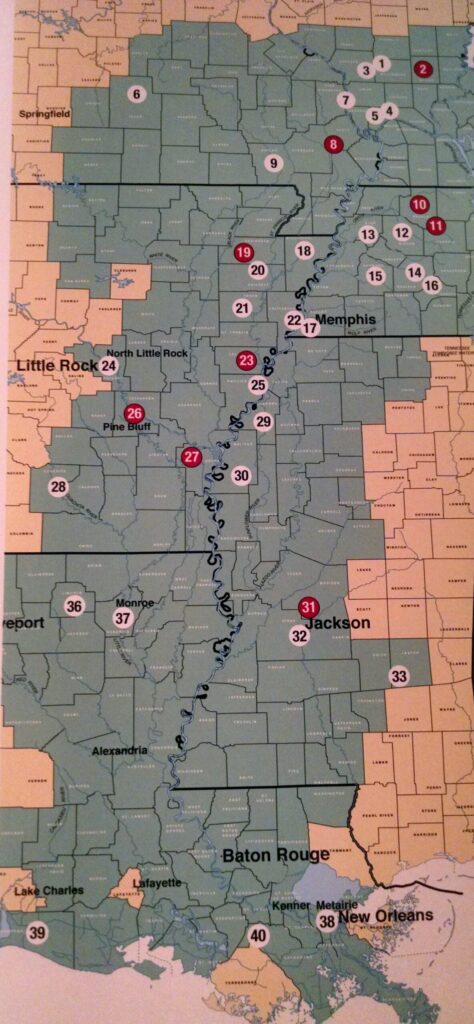
Although much of the work ASRI conducts is scientific in nature, volunteers do not need to have a science or medical background. ASRI does, however, encourage all of its volunteers to take the Cultural and Heritage Tourism course offered through the University of Illinois at Chicago. This graduate-level course helps participants understand what communities must do to develop successful programs linking the arts, humanities, history and tourism. It also, as ASRI Executive Director Jihad Muhammad explains, helps establish a common vocabulary among team members.
As you might expect, ASRI volunteers must be at least 18 years old and must be able to dedicate a certain number of hours a week to their volunteer work. They are not paid for this work but, instead, give their time, talent and abilities to the ASRI because they believe in what the organization is trying to achieve. Some volunteers do occasionally move in to paid positions at the institute.
The process to become a volunteer is relatively straightforward. Interested individuals should contact ASRI’s volunteer coordinator directly, either by phone or e-mail. They will receive an application, which should be completed and returned for consideration. ASRI employees review the applications and invite candidates in for an interview. Once they are accepted into the program, volunteers receive their assignments. ASRI tries to match individuals to positions based on interest and skills, but can only offer positions that are currently open. If a position requires a set of technical skills, ASRI will provide the necessary training in some cases. Common volunteer activities include excavating at a dig site, providing support for symposia or workshops, collecting and analyzing survey data, assisting with administrative functions or participating in summer education programs at one of the archaeological field schools.
Regardless of their specific assignment, ASRI volunteers walk away from their efforts with a deeper appreciation of the important role slavery played in shaping the identities of African Americans. As Demetria Gallagher (ASRI research volunteer) says, “Most people think of slavery as a negative thing. But the African Scientific Research Institute turns around the stigma of slavery by showing how African pioneers overcame serious obstacles to do great things. This turns a negative time in history into a positive.”
© African Scientific Research Institute 2025. Powered by WordPress